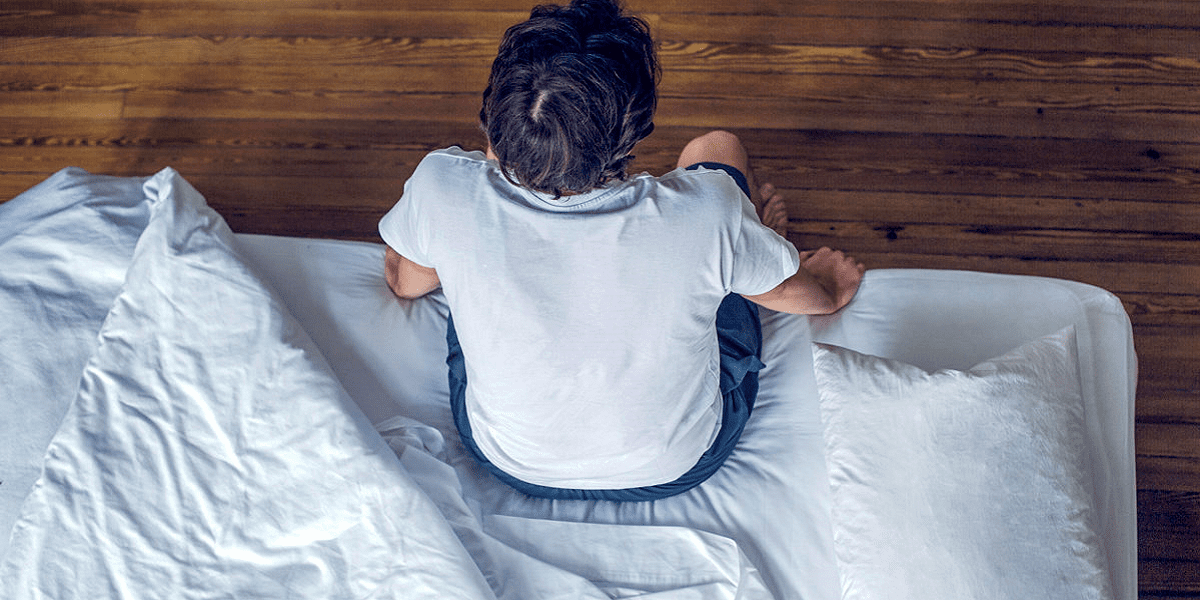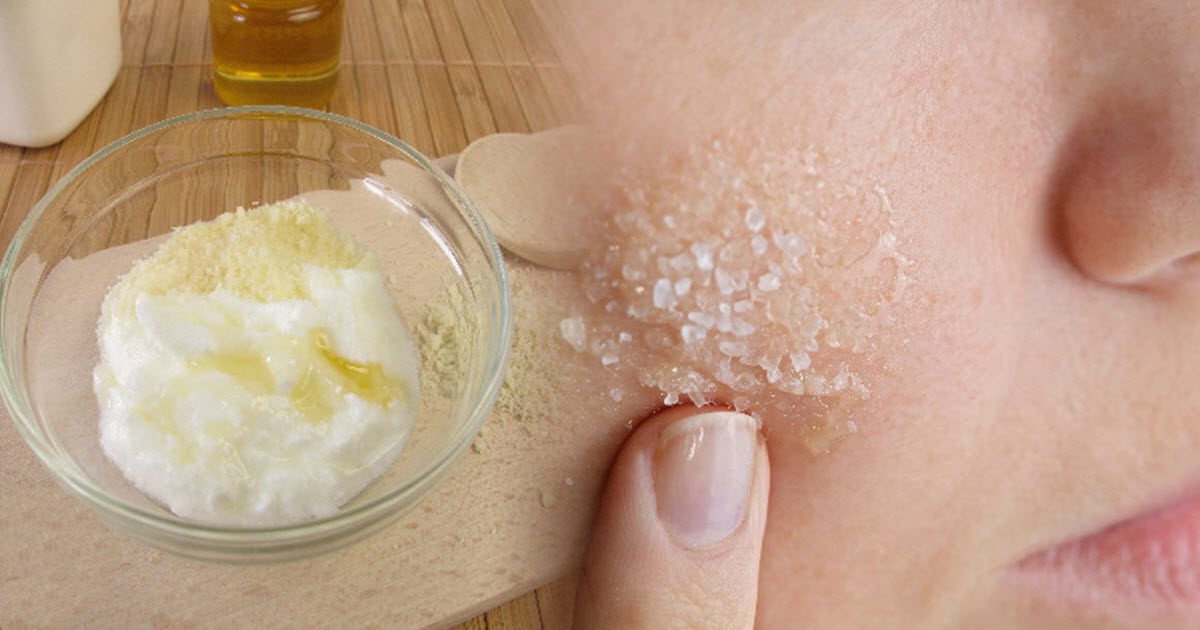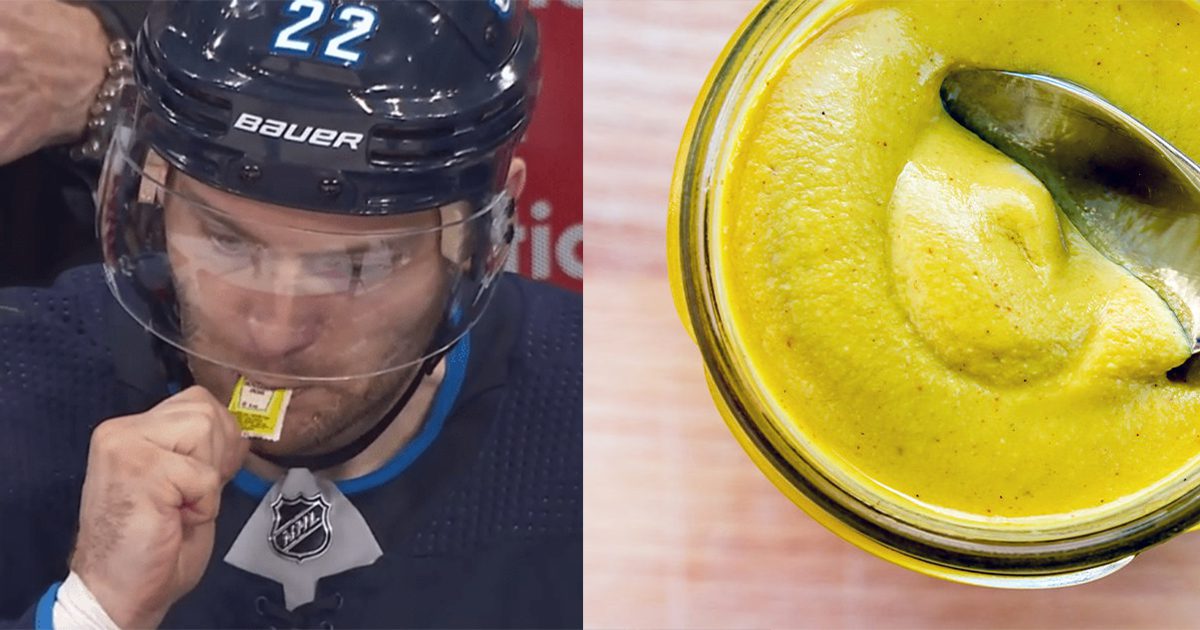Hair loss affects everyone, men, women and also children. There are numerous reasons behind hair loss, but one of the main causes is the androgen hormone, dihydrotestosterone (DHT) which is derived from testosterone.
There are only 2 places on our body that hair does not grow – the soles of our feet and the palms of our hands. The rest of our body is covered in various types of hair, some fine and others are thicker.
Hair is made up of a protein called keratin which is produced in the hair follicles. As follicles produce new hair cells, old cells are pushed out through the surface of the skin. The hair you see is actually a string of dead keratin cells. Hair typically grows at a rate of six inches per year.
Losing Your Hair: What Causes It?
The average adult head has about 100,000 to 150,000 hairs, and you can lose up to 100 of them a day; which is why it can be common to find a few stray hairs on your hairbrush especially after showering and is not cause for alarm.
There are a number of factors that influence hair loss including:
- Drugs (such as chemotherapy)
- Stress – both physical and emotional
- Medical conditions such as thyroid disorders
- Low iron etc.,
Our genes which can determine your predisposition for baldness, nutritional status and your androgen hormones, namely testosterone and dihydrotestosterone – produced by both men and women.
Testosterone usually travels in the blood bound to a protein called sex hormone binding globulin (SHBG). When testosterone is bound to SHBG, it is considered inactive. Testosterone that is not bound to SHBG is called free testosterone.
It is the free testosterone that is converted to dihydrotestosterone (DHT) by the enzyme 5-alpha reductase. If you have low amounts of SHBG, then you have higher amounts of free testosterone, and then there is more available to be converted to DHT.
Dihydrotestosterone (DHT) is the hormone behind hair loss. DHT is five times more potent than testosterone. It attaches to the same receptor sites as testosterone, binds more easily and is bound for a longer period.
Approximately 5% of free testosterone is normally converted into DHT. DHT causes the hair follicles to shrink, have a shorter lifespan and furthermore, decreases the production of hair.
9 Treatments for Hair Loss

Hair loss products typically focus on the following herbs and nutrients that stop the conversion of testosterone to dihydrotestosterone (DHT).
1. Saw Palmetto
Saw palmetto works by stopping the conversion of testosterone into dihydrotestosterone (DHT). High levels of dihydrotestosterone are associated with hair loss, while high levels of testosterone are associated with hair growth.
As the conversion is blocked, testosterone levels increase. This can reduce hair loss and sometimes promotes hair regrowth through the increased testosterone levels. Dosage is usually recommended at 160 mg twice a day.
2. Pygeum (Prunus Africana)
This blocks 5-alpha reductase enzyme from converting testosterone to DHT.
3. Nettle Root
This is another herb that blocks the 5-alpha reductase enzyme from converting testosterone to DHT.
4. Pumpkin Seeds
They contain a steroid called delta-7 stearine, which blocks DHT buildup in the hair follicle, so DHT is not able to affect the hair follicle.
5. Tomatoes, Watermelon, Carrots, and Mangoes
These contain lycopene which inhibits DHT naturally by inhibiting 5 alpha reductase, from converting testosterone into its most active form, DHT.
6. Almonds, Walnuts, Peanuts, and Pecans
These are rich in L-lysine which is a natural DHT inhibitor.
7. Spinach, Kale, Cashews, Wheat Germ, and Cooked White Mushrooms
These are high in zinc, a known DHT inhibitor.
8. Green Tea
Epigallocatechin-3-Gallate, or EGCG, one of the active constituents of green tea, also blocks the formation of DHT. Green tea has been shown to reduce DHT blood levels significantly.
9. Fenugreek
This is another inhibitor of the conversion of testosterone to DHT.
More Tips for Reducing Hair Loss
Maintain optimal levels of SHBG so that there is less free testosterone to be converted to DHT. SHBG decreases with obesity so maintaining a healthy body composition will optimize SHBG levels, so there is less free testosterone.
Reduce inflammation with a healthy diet and omega 3 fatty acids. DHT is more damaging to hair follicles when there are high levels of inflammation in the body.
Berries, wheat germ, bananas, peanuts, legumes, Swiss chard, eggs (cooked), tuna, salmon are rich in biotin. Biotin is an essential nutrient for healthy hair. Biotin conditions the scalp providing a healthy environment for hair to grow.
If you know someone who might like this, please click “Share!”


